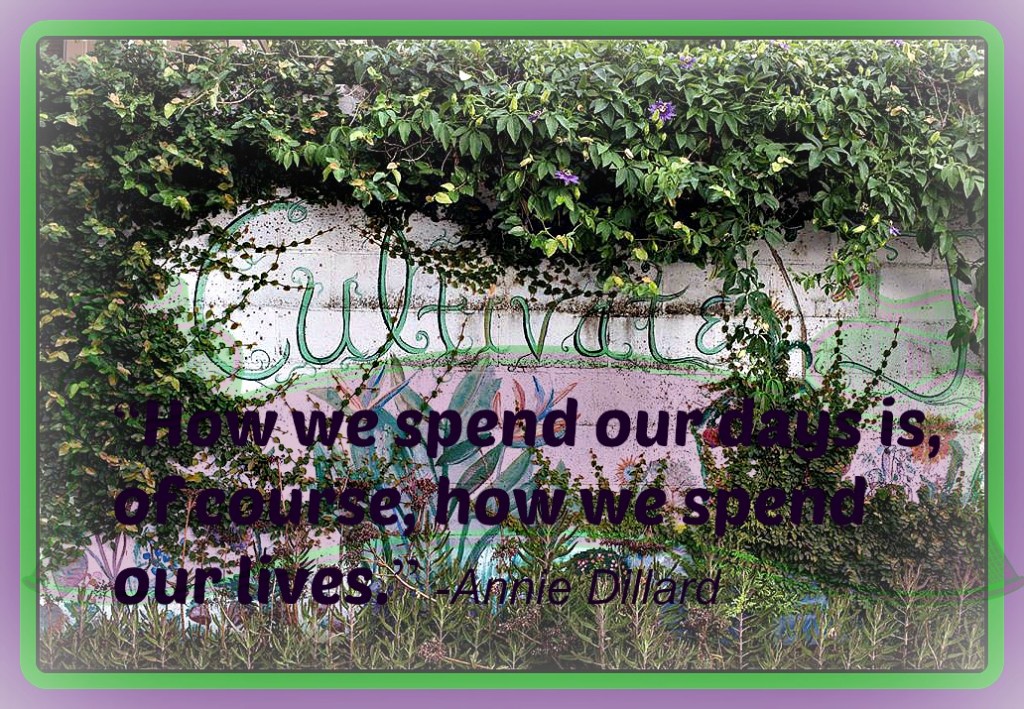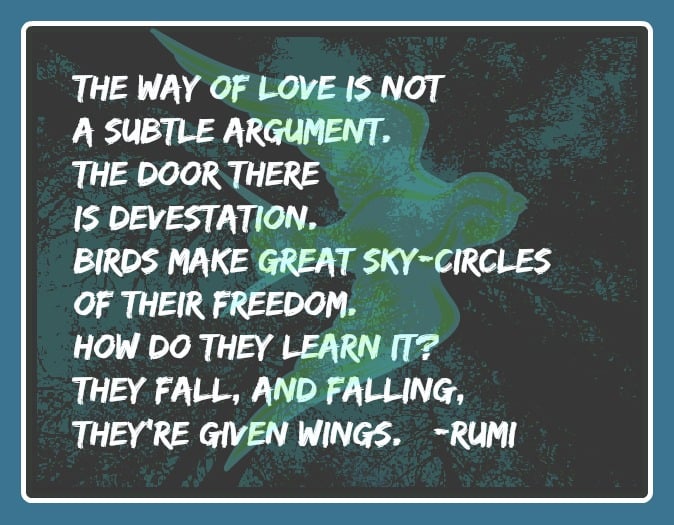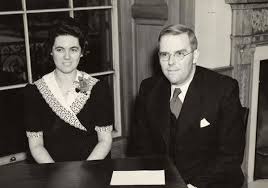True confession: I understand Trump voters. I come from that place. We’re the same people who voted for Andrew Jackson—duel-fighter, bigamist, slaveholder, and native-killer. As a matter of fact, when I was a kid, we would go to his plantation in Nashville, Tennessee on Sunday afternoons. The Hermitage. The story of Jackson told us that—no matter how poor you were born—if you intimidate enough people and steal enough stuff, you too can be president! The duel-fighter, bigamist, slaveholder, and native-killer.... Read more



















